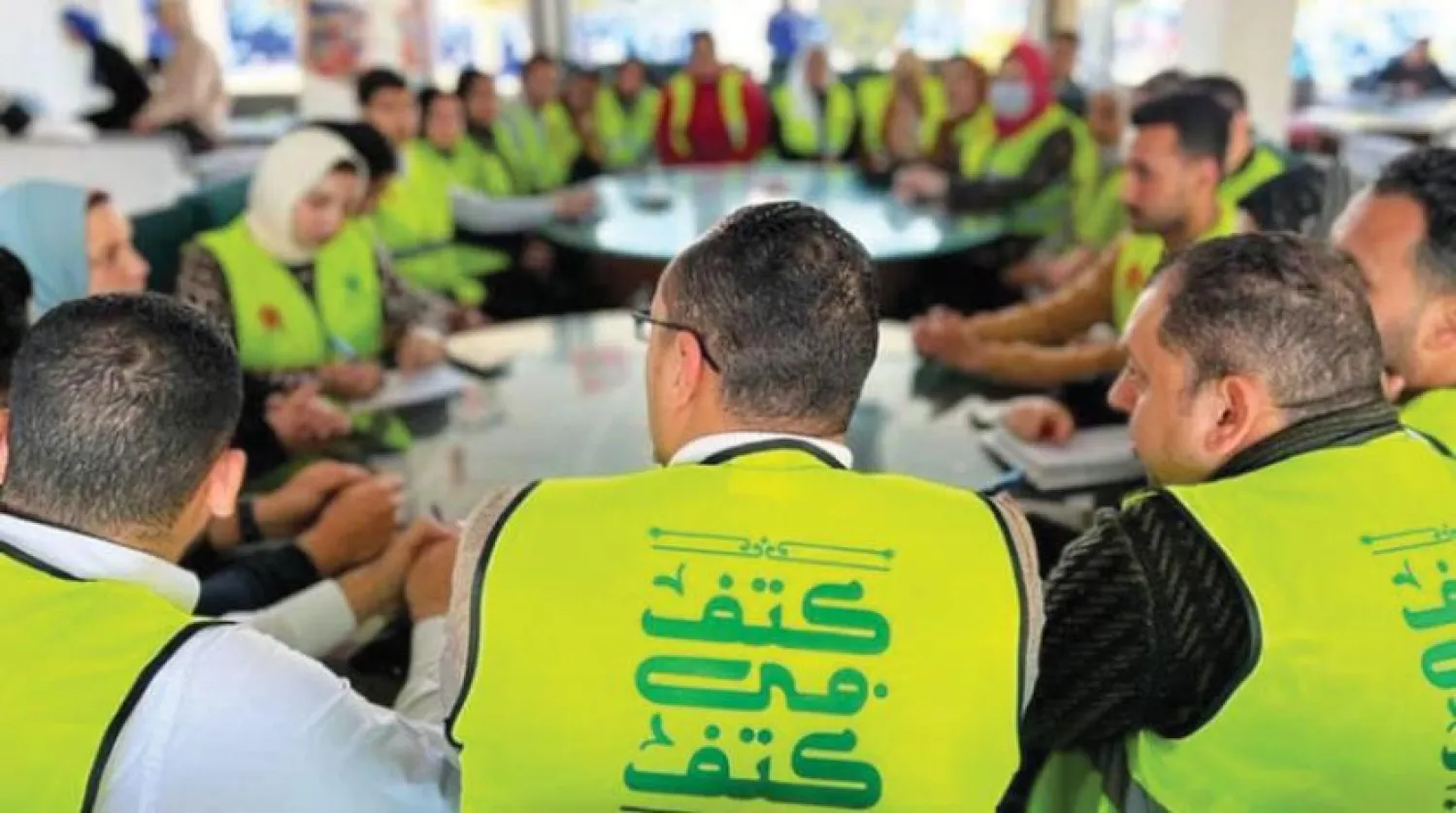The Egyptian government issued a lengthy report detailing the social protection measures it has taken in recent months to limit the consequences of high prices and the global economic crisis on citizens, especially the most disadvantaged groups.
The cabinet reviewed all the measures and steps, including expanding the scope of work of civil and charitable organizations and national projects.
The report noted the cost of the government's financial package to improve state workers' wages and pensioners' wages and the Takaful and Karama program to improve the living conditions of the neediest groups, which amounted to EGP190 billion.
In March, President Abdel Fattah al-Sisi ordered an increase in the public and private sector minimum wages by EGP 1,000 per month.
He also called for raising the tax exemption limit on annual income from EGP 24,000 to EGP 30,000 starting April 1.
The directives included more financial categories granted to beneficiaries of the Takaful and Karama program by 25 percent monthly starting April.
According to the report, the government's efforts included developing an expansion plan for outlets selling goods at prices that are about 30 percent lower than market prices. More 25,000 mobile and fixed outlets will be available.
The report stated that the financial package allocated to support food commodities, bread, and petroleum products amounted to about EGP100 billion.
It highlighted the Decent Life initiative aimed at improving the quality of life in the poorest rural communities within Vision 2030.
The implementation of the initiative's first phase was completed in 2021 and 2022 and included the development of 52 areas, while the second phase covers 60 areas and is underway. The third phase will tackle 60 areas and is expected to be complete between 2023 and 2024.
The report touched on the role of the National Alliance for Civil Development Work (NACDW), launched in March 2022, in strengthening social protection efforts by including and organizing the work of 34 civil entities under one umbrella.
According to the report, the Alliance has reached about 30 million of the most deserving citizens to provide a service umbrella that includes health, food, financial support, and monthly pensions for more than 600,000 families.
The agricultural sector was among the priorities of the Alliance, which launched the Cultivate Initiative to support farmers.
The initiative aims to cultivate an area of 150,000 feddans of wheat crop by working with 100,00 farmers in eight governorates to expand the agricultural land area by providing high-quality, certified seeds, in cooperation with the Ministry of Agriculture.
The "Shoulder-to-Shoulder" initiative launched before the holy fasting month of Ramadan with 60,000 volunteers who will distribute 6,000,000 cartons of foodstuffs across Egypt.
The report noted the Tahya Misr Fund that aims to improve social protection for citizens. It has spent EGP22 billion since its establishment.
Lawmaker Atef Maghawry lauded the government's efforts to provide a social protection umbrella, saying previous solutions were just a "sedative."
Maghawry told Asharq Al-Awsat that Egyptian citizen needs a comprehensive contingency plan that provides exceptional solutions to face economic pressures, such as relaunching operations at stalled factories and revitalizing production.
He said direct financial support will not achieve justice, even if it provides temporary protection, because it is not sustainable.
Providing direct financial support without reaching a radical solution to the crisis will only exacerbate it because it reinforces poverty, he added.
The limited wage increase, special pensions, or initiatives, such as Takaful and Karama, provide temporary protection for the neediest social groups, and the government must deliver solutions that guarantee the achievement of sustainable social justice, he urged.









